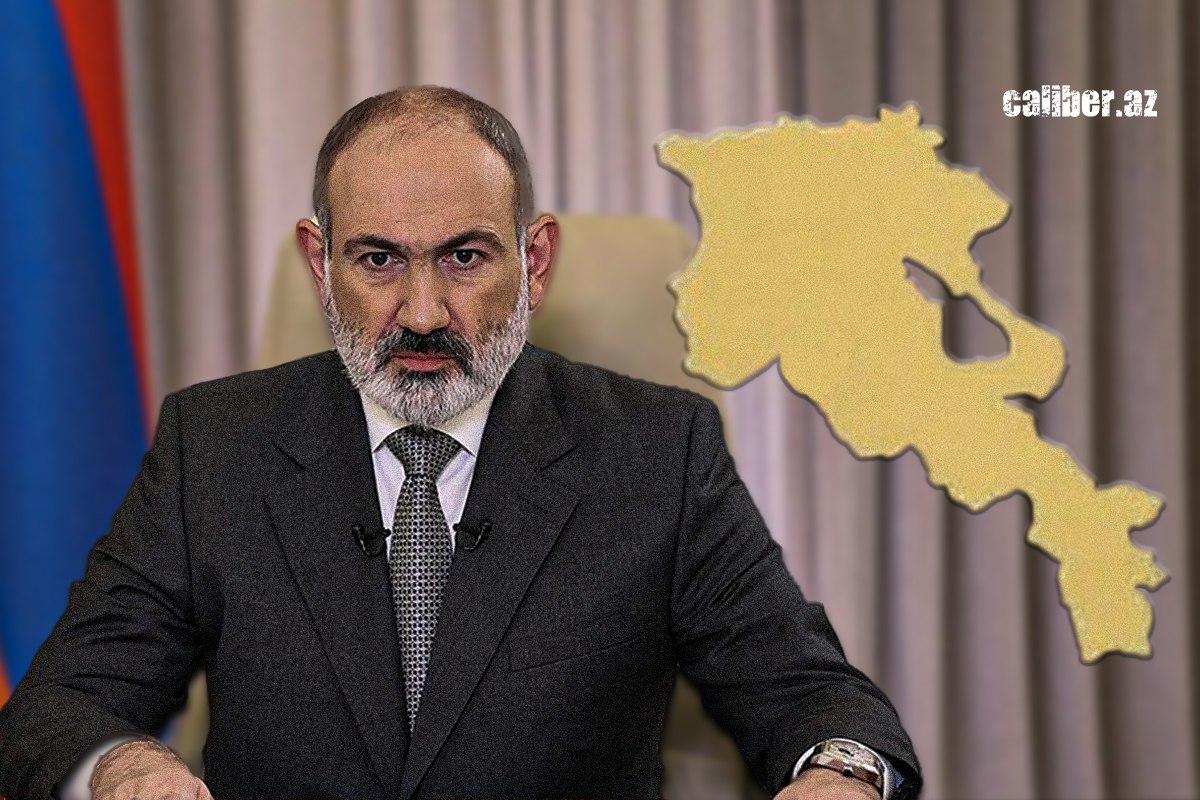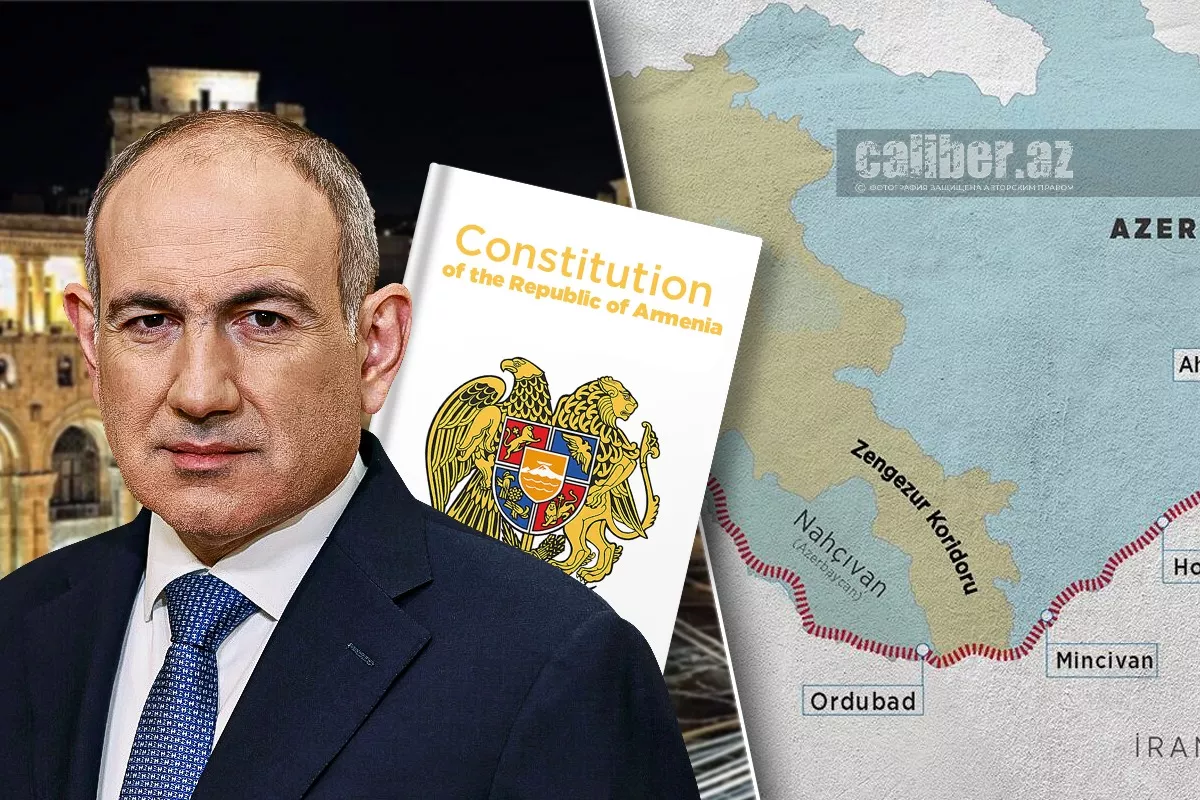Unreal Armenia of Pashinyan Yerevan is once again playing the “Karabakh card”
Since last year, official Yerevan has been promoting the concept of a “real Armenia” to the public. In April 2024, Pashinyan stated that “real” and “historic” Armenia are incompatible, noting that they pose serious threats to one another. Later, in June 2024, in the context of this so-called national doctrine, Nikol Pashinyan told the Armenian parliament that Karabakh should be part of Azerbaijan, stressing that Armenian society had misunderstood the “concept of self-determination and the status of Karabakh.”
“Armenia’s clerical-feudal elite deceived and misled the people of Armenia about Karabakh in order to seize and retain power. That is the whole truth about Karabakh,” Pashinyan said.
In September of last year, at the Second Global Armenian Summit, the Prime Minister announced that official Yerevan had adopted the concept of a “real Armenia” as a necessary condition for the continued existence of Armenian statehood. “Our people no longer need to search for a homeland—our Homeland has been found. Today, we are more independent than ever. The Republic of Armenia, with its internationally recognised territory of 29,743 square kilometres, is not a reflection of our people’s losses, but of their achievements,” Pashinyan said.
Thus, the core thesis of the “real Armenia” concept is that Karabakh is Azerbaijan, and that Armenia’s internationally recognised territory amounts to 29,743 square kilometres.

However, the statement made by the Armenian Prime Minister on June 3—delivered within the framework of the “real Armenia” concept—effectively nullified everything he had previously said. Speaking to students and faculty at Yerevan State University, he declared: “As a result of the 44-day war, we lost part of the Homeland, but gained a state—more sovereign and more independent.”
In other words, the Armenian Prime Minister practically disavowed his own earlier remarks that Karabakh is part of Azerbaijan, abruptly shifting course and, in the heat of “political improvisation,” revised the “real Armenia” concept—turning it into an unreal one.
All of this leads to the conclusion that, by making such provocative statements, official Yerevan is pursuing three objectives.
First: To avoid amending Armenia’s Constitution, thereby preserving territorial claims against Azerbaijan. This implies that Yerevan has no intention of legally affirming the renunciation of claims to Karabakh.
Second: Through such statements, the Armenian authorities are instilling in the younger generation—with their still-forming worldviews—the idea that “Karabakh is Armenia,” thus nurturing revanchist sentiments. Coupled with the accelerating arms race, this gives solid grounds to assert that Yerevan is not committed to Baku’s peace agenda and has no real desire to establish long-term stability in the region, regardless of what Armenian officials may claim publicly.

Third: The Armenian leadership is attempting to mislead the international community—just as it has done in the past—by portraying itself as an innocent victim unfairly deprived of its so-called “historic homeland.”
At the same time, in an effort to save face on the global stage, official Yerevan continues to loudly proclaim that there will be no war with Azerbaijan. In this context, it is worth recalling that just days ago, Nikol Pashinyan himself made an overly optimistic statement at an event marking the Day of the First Republic:
“Peace and security will become Armenia’s lasting companions. There will be no war—there will be peace,” declared the Prime Minister, making sure to add that Armenia had supposedly overcome the stage of losses and entered a promising historical era of achievements.
It is entirely unclear what sort of “era of achievements” the Armenian Prime Minister was referring to. The reality in Armenia today tells a different story: economic indicators show a steady decline, and in its attempts to appease all sides, official Yerevan appears to have alienated the country’s former backers. Armenia’s duplicity in the matter of signing a peace treaty with Azerbaijan does nothing to improve the situation.
So, no matter how many propagandistic soundbites Pashinyan puts out in a bid to boost his approval ratings ahead of the upcoming elections, it is unlikely to help. After all, the Armenian electorate consists of ordinary people who seek stability and confidence in the future—neither of which the current government is in any position to guarantee.








